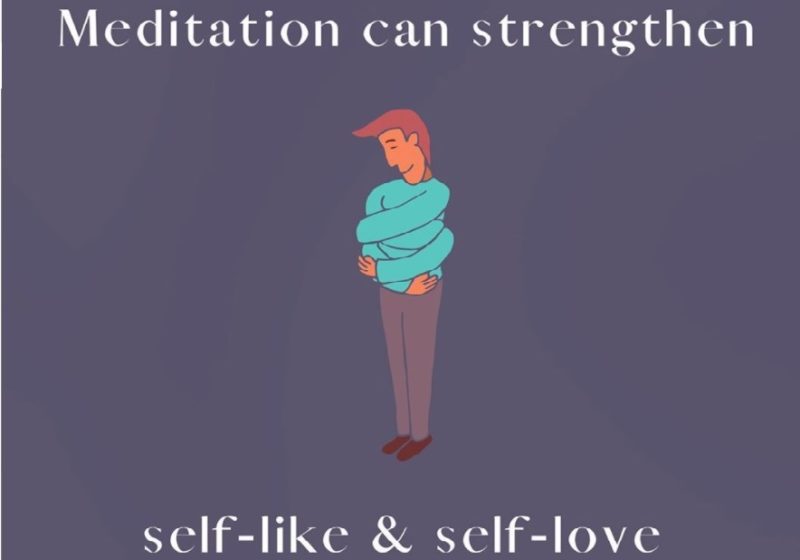Being a college student itself is already challenging enough, but especially so in the midst of midterms season, political elections, and the COVID-19 pandemic. Having to juggle numerous responsibilities often leads to immense stress, which takes a toll on students’ mental wellbeing. In response to these increased struggles on campus, the Mindful University Project was developed to support students to “manage their stress and calm the chatter of their minds, but also make their lives better in a way that is accessible and meaningful.”
Mindfulness Project director Amy McDonald defines mindfulness as “paying attention to the present moment on purpose and without judgment [and] being able to make that choice between the stimulus and the response.” By developing the capacity to control your response to internal emotions and thoughts and external stressors, mindfulness gives students a tool to face the challenges they might encounter throughout their studies and personal life.
Since the inception of the project three years ago, the project offers a variety of mindfulness practices and yoga classes. The mindfulness and meditation classes include Koru Basic and the Koru 2.0. Developed at Duke University, the Koru Mindfulness curriculum is “specifically designed for college students.”
McDonald shared that she felt confident in implementing Koru Mindfulness because of its similarity to Mindfulness-Based Stress Reduction, the “most evidence-based mindfulness practice.” Indeed, feedback has been extremely positive, and “about 95 to 98 percent say that [the workshops have] positively impacted their life, [helping] them recognize how to manage stressors better” and enhance their quality of sleep.
In addition to the Koru courses, programs include weekly peer-led meditation practices, drop-in meditation and yoga classes, and several meditation retreats throughout the academic year, which are available to all students, faculty, and staff. McDonald said that prior to COVID-19, the sessions brought together both students and faculty partaking in the same experience, giving rise to “a really cool dynamic.”
When the project shifted completely online this past spring, although the meditations had never before been held virtually, McDonald said the new virtual platform has been “super well-received” and “allowed [them] to become more creative and reach students in a different way.”
One of the new online elements includes monthly and weekly Instagram challenges, designed by sophomore Jenny Lee. McDonald said that the Instagram challenges include “different ideas everyday to help [students center themselves] and become more present,” allowing students to easily integrate mindfulness into their daily routines. Besides being in charge of the Mindfulness Project’s social media and marketing, Lee leads both weekly yoga classes and meditation live-streams and the Mindfulness Ambassadors group.
Both McDonald and Lee emphasize that mindfulness is not a treatment. Rather, it should be utilized as a preventative measure and integrated into your regular lifestyle. “We [each] have our personal journey,” said McDonald, and mindfulness is different for different people.
Recognizing herself to be “high-stress and high-anxiety,” Lee shared that mindfulness has helped her to better respond to the challenges and obstacles she’s encountered. Through her work for the Mindfulness Project and advocacy for mental health, Lee hopes to increase awareness of stigmas surrounding mental health and to help “mindfulness […] become the new social norm.”
“Instead of bragging about how little sleep they get,” Jenny says, “[students will] be bragging about how much average sleep that they get and how healthy they feel and how great their mental wellbeing is.”



